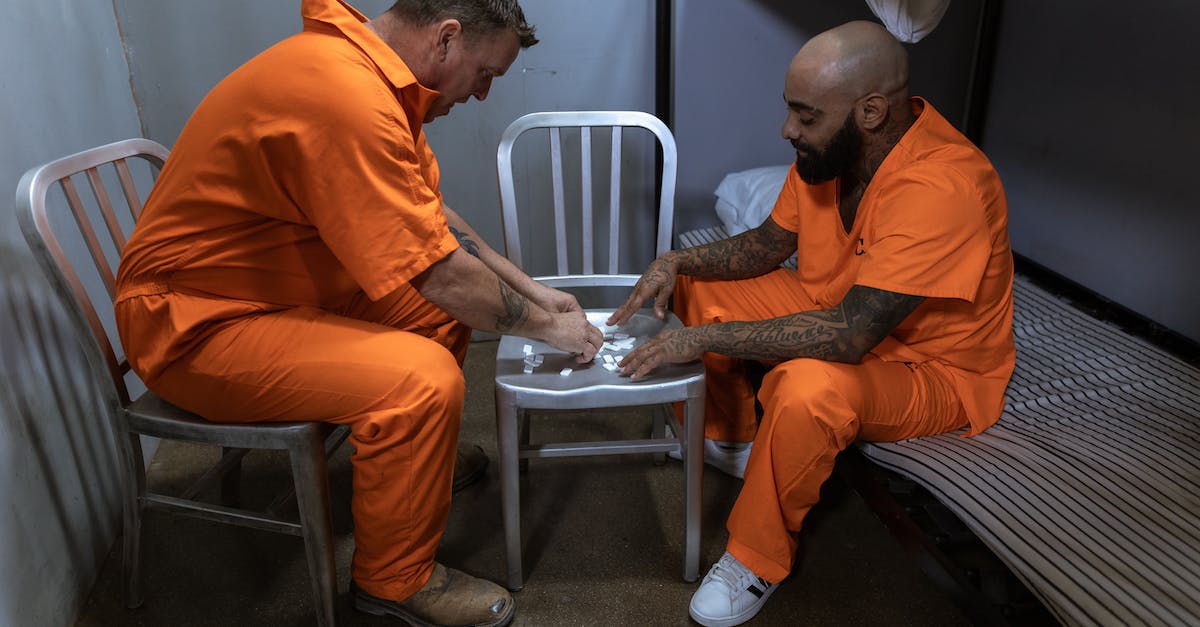Yes That’s What Killing You Means: Exploring the Dark Side of Films and Actors
Films have always been a powerful medium for storytelling and entertainment. They take us on thrilling adventures, make us laugh, and sometimes even bring us to tears. But behind the magic of the silver screen lies a dark side that many people are unaware of. The dark side of films and actors, where lives are destroyed and the toll of fame takes its toll.
The Glamour and Glitz: The Façade of the Film Industry
When we watch a movie, we are transported into a world of glitz and glamour, where everything seems perfect. From the stunning sets to the flawless performances, it’s easy to get caught up in the allure. However, behind the scenes, the reality often paints a different picture.
The pressure to succeed and deliver exceptional performances can be immense for actors. They constantly face the scrutiny of audiences, critics, and even their own industry. This pressure can take a toll on their mental and physical well-being.
The Dark Side of Fame: The Price of Success
While fame and fortune may seem appealing, they come at a price. Many actors struggle with the pressures of fame, leading to mental health issues such as anxiety, depression, and even substance abuse.
Stardom often comes with a lack of privacy, constant media attention, and the potential for exploitation. Paparazzi hounding their every move, invasive tabloid articles, and the constant need to maintain an image can be overwhelming.
The Curse of the Silver Screen: Tragic Endings
Unfortunately, the dark side of films has claimed the lives of many talented actors. From Marilyn Monroe to Heath Ledger, the list of actors who have tragically died too young is hauntingly long.
Drug overdoses, suicides, and accidents are among the causes of these untimely deaths. The pressures of the industry, combined with personal struggles, can create a lethal cocktail that leads to such tragic endings.
Behind Closed Doors: The Abuse and Exploitation
The dark side of films extends beyond the mental and emotional toll it takes on actors. Behind closed doors, there have been numerous instances of abuse and exploitation in the industry.
From the #MeToo movement to the exposing of casting couch culture, the film industry has been marred by scandals and revelations. Many actors have come forward with their own experiences of abuse and harassment, shedding light on the dark underbelly of the industry.
Conclusion
The world of films and actors may seem glamorous and enchanting on the surface, but it has a dark side that cannot be ignored. The pressures of fame, the toll on mental health, and the tragic endings serve as a stark reminder of the price paid for our entertainment.
It is important to acknowledge and address these issues within the film industry. By supporting actors and creating a healthier environment, we can help prevent the dark side from claiming more lives. Let us appreciate the artistry and talent of the films we love, but also remember the human beings behind the characters, battling their own demons behind the scenes.
FAQs
1. Why are dark films and actors so intriguing?
Dark films and actors can be intriguing because they often explore taboo subjects, challenge social norms, and provoke intense emotions in viewers. Additionally, they offer a glimpse into the darker aspects of human nature and allow us to confront our fears and innermost desires.
2. What are some classic examples of dark films?
Some classic examples of dark films include “Psycho” (1960), “A Clockwork Orange” (1971), “Taxi Driver” (1976), “Se7en” (1995), and “Fight Club” (1999). These films delve into themes such as crime, violence, psychological disorders, and moral ambiguity.
3. What makes an actor successful at portraying dark characters?
Successful portrayal of dark characters requires actors to delve deep into their characters’ psyche and emotions. They must have a strong understanding of the complexities and motivations behind their characters’ dark behaviors. Additionally, an actor’s ability to convey intense emotions, display vulnerability, and maintain an element of mystery can contribute to their success in portraying dark characters.
4. How does the portrayal of violence in films affect viewers?
The portrayal of violence in films can have various effects on viewers. Some may find it cathartic or thrilling, while others may experience discomfort or distress. It can influence perceptions of violence in real life, desensitize individuals to violent content, or even trigger emotional responses and trauma in vulnerable viewers. However, the impact can vary greatly depending on the individual’s background, sensitivity, and maturity.
5. Do dark films have any redeeming qualities?
Yes, dark films can have redeeming qualities. They often serve as a medium for social commentary, shedding light on important issues and sparking discussions. Dark films can also be thought-provoking, challenging societal norms and prompting introspection. Additionally, they can be a source of catharsis, allowing viewers to experience intense emotions in a safe environment.
6. How do dark films impact the careers of actors?
Dark films can impact the careers of actors in various ways. Successfully portraying complex and dark characters can showcase an actor’s versatility and depth, leading to critical acclaim and recognition. It can also attract directors and casting agents who appreciate performers with the ability to bring these characters to life. However, typecasting and the association with dark roles may also limit an actor’s opportunities to explore different genres.
7. Is there a psychological toll on actors who play dark characters?
Portraying dark characters can have a psychological toll on actors. Delving into the mindset of troubled individuals for extended periods can be emotionally draining and challenging. Some actors may experience difficulty in separating themselves from the character, leading to identity confusion or psychological distress. However, many actors also find the process cathartic and view it as an artistic exploration.
8. Are there any ethical concerns regarding the creation and consumption of dark films?
Ethical concerns surrounding dark films can arise due to the explicit portrayal of violence, graphic content, or glorification of certain behaviors. Some argue that such films may perpetuate harmful stereotypes or desensitize society to real-world issues. However, others believe in the artistic freedom of expression and the importance of exploring the darker sides of human nature within the realm of fiction.
9. How have dark films evolved over time?
Dark films have evolved over time, reflecting the changing societal norms and audiences’ tastes. Early dark films focused on psychological thrillers and horror, while modern dark films often delve into more complex social, political, and moral issues. Additionally, advancements in special effects and storytelling techniques have allowed for the creation of visually striking and intellectually stimulating dark films.
10. Can dark films help us understand and confront our fears?
Yes, dark films can help us understand and confront our fears. By showcasing the darkest sides of human nature and exploring taboo subjects, these films provide a medium for introspection and examination of our own fears and desires. They encourage viewers to question their own motivations and provoke discussions about societal issues. However, it is important to engage with such content responsibly and with an understanding of its fictional nature.




































